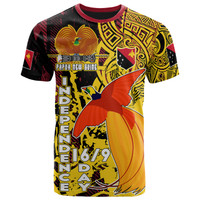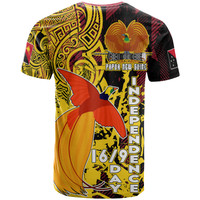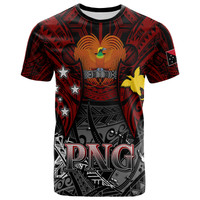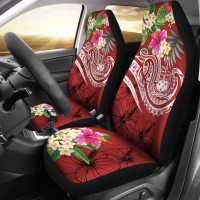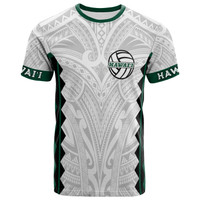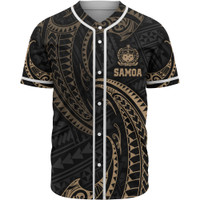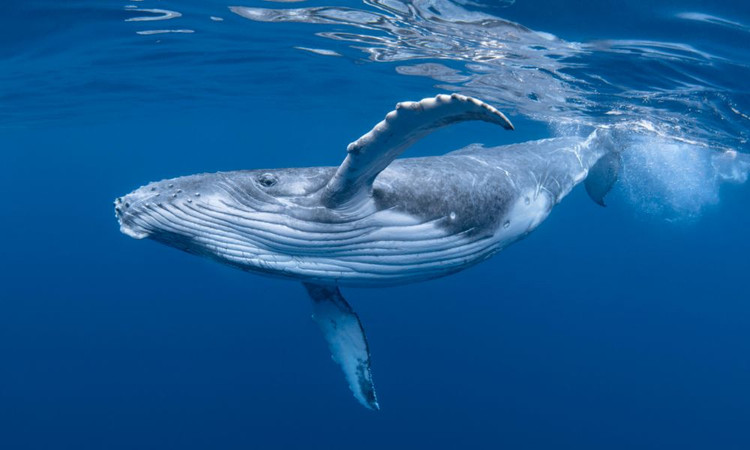The Things You Should Know About Tonga
Posted by Maris on 9th Apr 2024
Tonga is a group of nearly 170 islands in the middle of the Pacific Ocean, covering an area about the same size as Japan. Merely thirty-six of those islands are populated. Cook famously referred to Tonga as the "Friendly Islands," so it's no wonder that the country has white sand and coral-fringed beaches, lush rainforests, and amiable people. However, there are a few fascinating facts about Tonga that could surprise you.
The only monarchy in Oceania is Tonga.
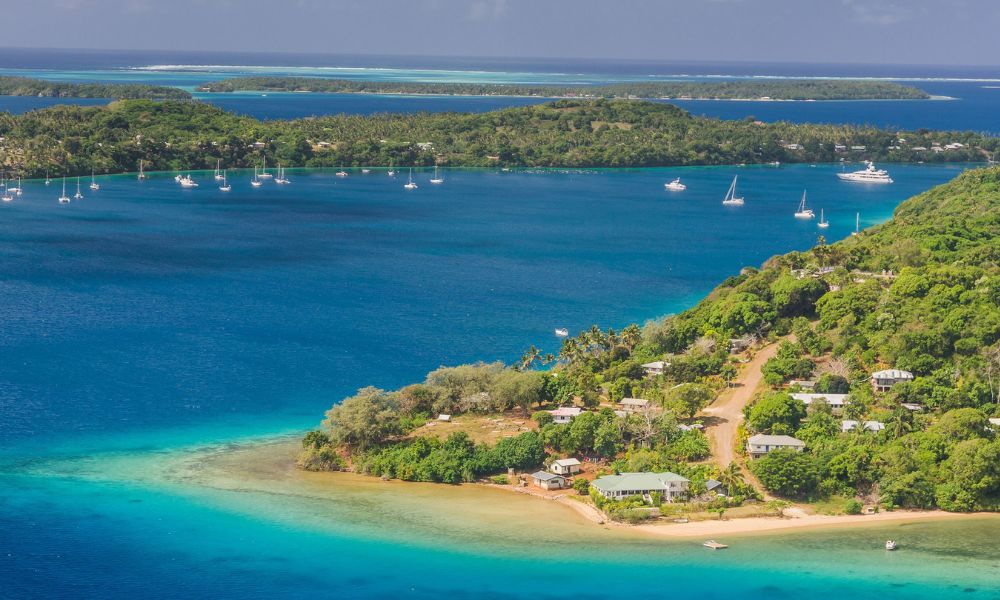
Since the tenth century, Tui'Tong has been the ruler of Tonga. It's also the only nation in the Pacific that has never experienced colonization. With the assistance of a British priest who served as the nation's first prime minister, the King of Tonga established the country's own constitutional monarchy as opposed to ceding authority to British officials.
The nation is also the owner of the Guinness World Record for the heaviest monarchy in the world. At his biggest, King Taufa'ahau Tupou IV weighed an incredible 460 lb (208.7 kg). He was able to shed forty percent of this weight and went on to become a public health icon. In 2006, he passed away at the age of 88.
It's among the first locations on Earth to celebrate New Year's Day.
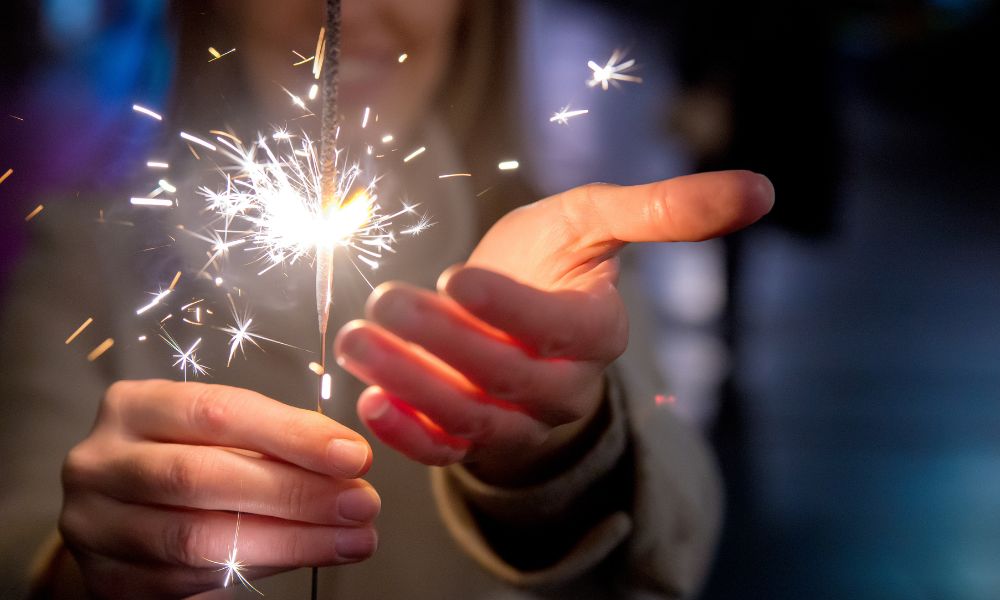
Tonga, along with Samoa and Kiribati, is the first nation to celebrate the New Year and see the first light of a new day since it straddles the International Dateline. On December 31, at 10:00 GMT (02:00 ET), January 1st begins.
The custom in the area is to celebrate the new year with a large feast and a leisurely stroll at midnight.
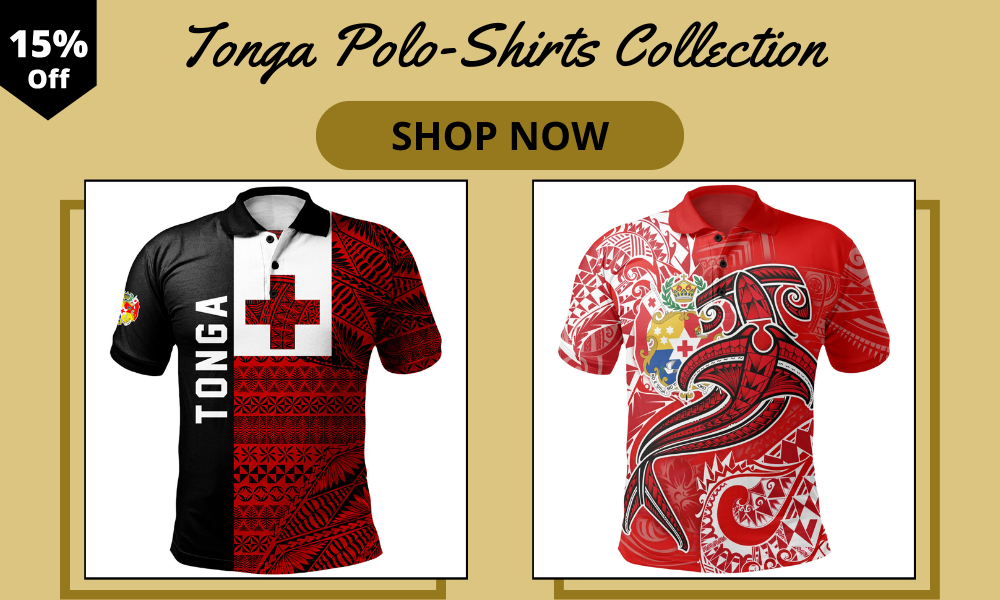
There is a "disappearing island" in Tonga.
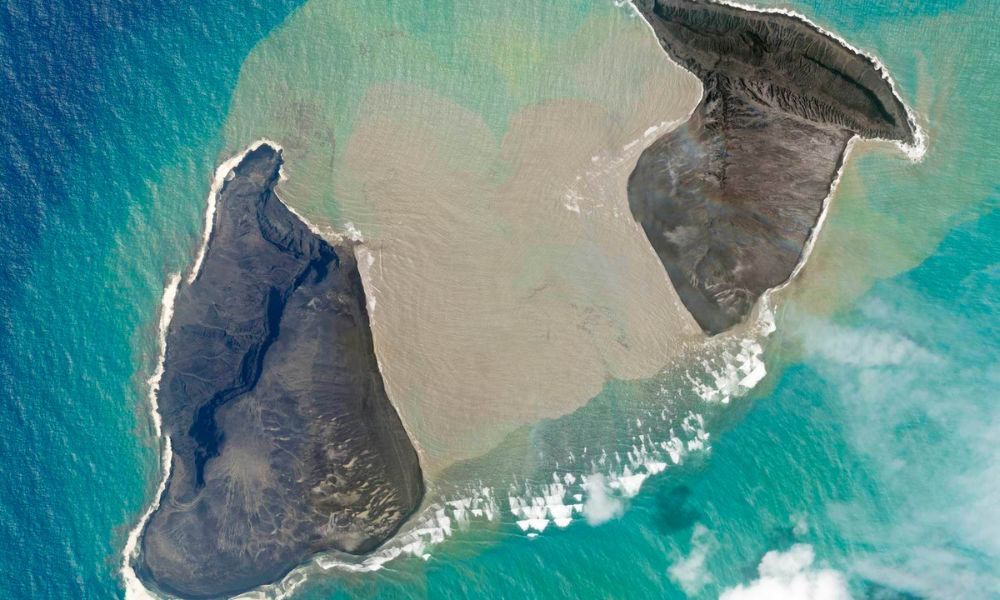
Although there are several islands in the nation, one in particular has drawn notice. Throughout history, Fonuafo'ou, or "New Island," has come and gone. From 1781 until nearly a century later, reports of seeing a sizable "shoal" stuck far out in the water were made. HMS Falcon established that it was a coral reef in 1867. Before 1885, it reached heights of 50 meters (164 feet) and length of 2 kilometers (1.2 miles), but it vanished when Tonga proclaimed it to be a new island. There were reports of the sizable coral reef island two years later and again in 1927. It's still concealed as of right now.
Afterwards, in 2019, an underwater volcanic eruption submerged one island and formed a third, three times larger one.
in addition to a "Tin Can Island"
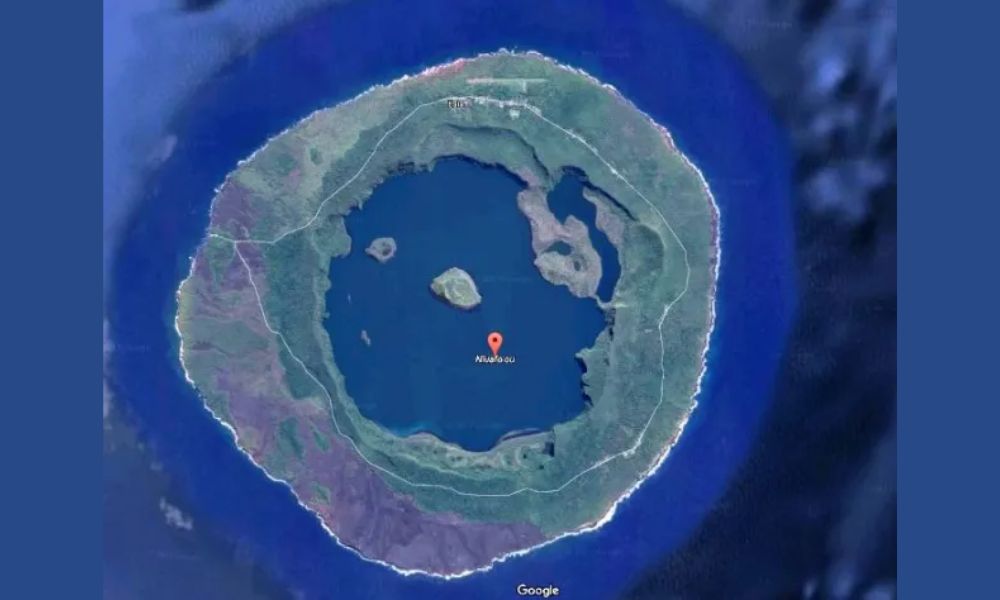
Tin Can Island was the previous name of Niuafo'ou Islands, owing to a peculiar postal system. Locals would dispatch a robust swimmer, akin to a postal swimmer, to the island to collect correspondence enclosed in biscuit tins.
This went on until 1931, when a shark tragically struck the postal swimmer. It should come as no surprise that the Niuafo'ou postage stamp is now a sought-after collectible.
It is a humpback whale hotspot.
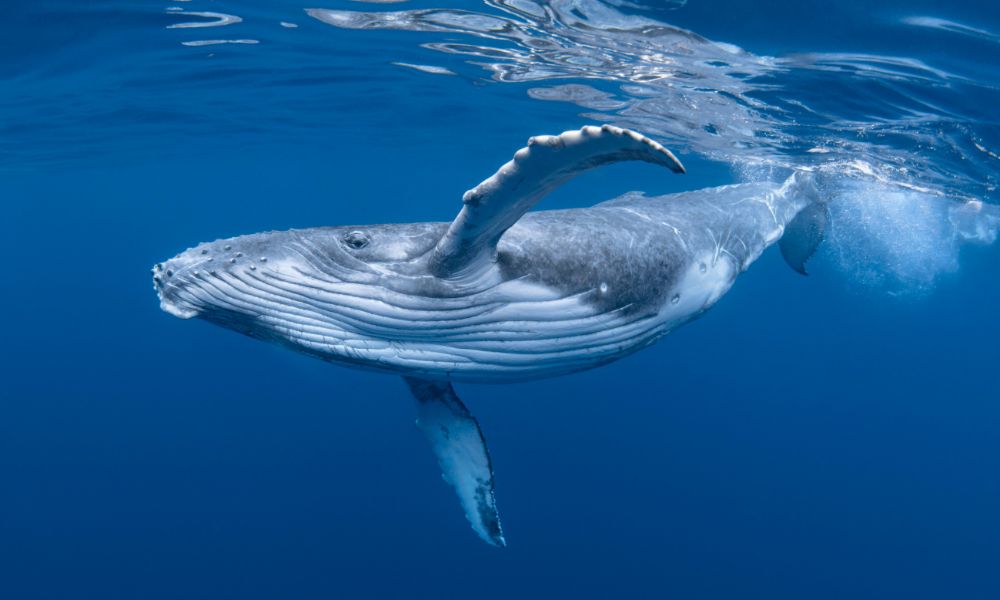
Whale watching is a popular activity in Tonga, and it runs from June to October. Each year, humpback whales travel 4,830 kilometers, or 3,000 miles, from the Antarctic to the temperate waters of Tonga, where they mate, give birth, and raise their young before heading back to the Antarctic. It's one of the few locations left on Earth where swimming with whales is still possible. Just be sure to reserve your spot with a trustworthy tour operator that will look out for the mothers and their calves.
Tonga is a nation of devout Christians.
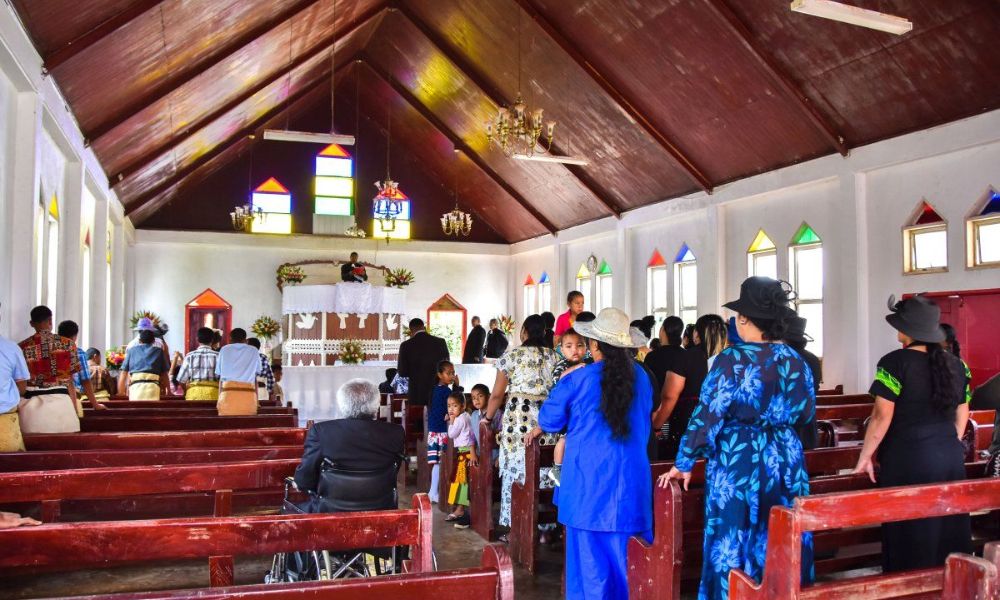
Tonga was never formally colonized, but in 1900 it was made a protectorate of the United Kingdom. Christian missionaries had visited the island for almost a century prior, and in 1830 they were able to successfully convert the chief, Taufa'ahau Tupou, to Christianity. He then went on to convert other islanders. Currently, 99 percent of Tongans identify as Christians. Additionally, it's believed that Tonga has the highest per capita population of Latter-day Saints (Mormons) worldwide. It is estimated that 60% of Tongans identify as Mormon.
Being a firmly traditional Christian nation, Tonga observes strict religious laws. As a result, most businesses are closed on Sundays, the Sabbath, and swimming is forbidden.
Tonga's blowholes are well-known.
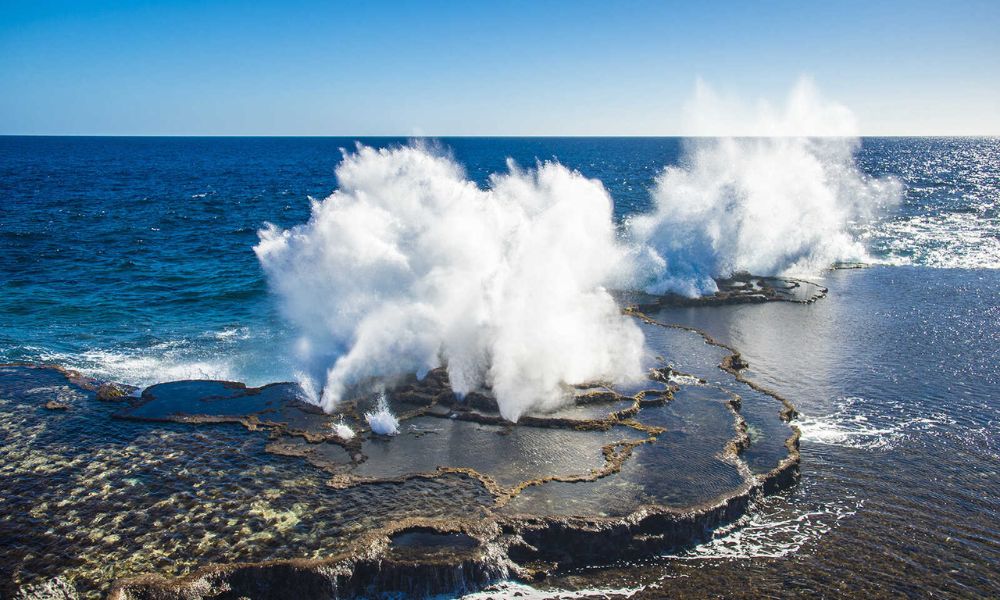
The blowholes of Tonga, known as Mapu'a 'a Vaea (Chief's Whistles), are another well-known feature. Each hole, which stretches 3 miles (5 km) over the coast, has the ability to shoot water up to 30 meters into the air. They might all start spurting at once if you're lucky. Go to the south shore near Houma on a windy day with a heavy swell for the best chance of seeing them in action.



